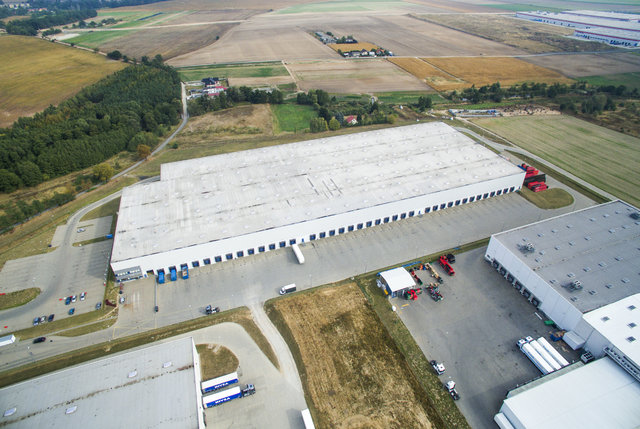World Bank: Prospects for the Polish economy remain 'uncertain'
The Polish economy is expected to return to pre-crisis levels in 2021, but prospects remain uncertain, according to the World Bank's report. The accommodative monetary policy will be maintained in the second half of this year, but the increased inflation may result in the scale of easing being smaller.
"The Polish economy is expected to return to the level of economic activity before the crisis in 2021, but the prospects remain uncertain. The expected increase in foreign demand will depend on the recovery trajectory of Poland's trading partners" - wrote in the Regular Economic Report of the World Bank entitled "Inclusive Growth at a Crossroads" in the part devoted to Poland.
At the same time, the faster recovery in household and corporate sentiment could boost the now pent-up demand and lead to a stronger-than-expected recovery in business activity. Nevertheless, employment growth is expected to remain constrained by widespread labor shortages, a relatively modest decline in employment in 2020, and a gradual decline in employment in 2020. withdrawing government support programs.
The World Bank emphasizes that the Polish economy coped well with the crisis compared to other EU countries. At the same time, he predicts that the next waves of the epidemic may result in the introduction of new restrictions in the economy, and high inflation may lead to a less accommodative monetary policy.
"While the asset quality and capital adequacy of the financial sector remain satisfactory, the sector is sending out some early warning signals (…). Moreover, almost 40% of Poland's population is reluctant to vaccinate, which is an additional threat," according to the report.
In the opinion of the World Bank, support for the Polish economy from the government will require "careful balancing and difficult choices."
"We expect that the non-standard loose economic policy in Poland and the European Union will also continue in the second half of 2021. Although the European Commission has launched a general correction clause under the Stability and Development Pact for 2020-2022, and the national budget expenditure rule has been suspended, however, future fiscal consolidation will be needed to meet the MTO and bring public debt back to a sustainable path, " it wrote.
"This will require a prudent, balanced policy with the possibility of extending support to ensure a rebound in the private sector. At the same time, especially as the crisis continues, it is important that fiscal policy is flexible and able to support primarily the most vulnerable and prospective households. However, the rulers will have to find a balance between providing support and keeping debt at a safe level.
The World Bank report shows that despite the relatively smaller impact of the COVID-19 pandemic on the Polish economy than in other EU countries, a year after the outbreak of the crisis, almost one third of Polish households still have lower incomes than just before the pandemic, and almost half of Poles have a harder time make ends meet.
The first estimates show that declines in household income were more common and more pronounced during the first wave of the pandemic, when they affected 40% of households.
The authors of the report also point out that the impact of the pandemic on household income and employment has been contained by a number of additional government support measures.
However, prolonged periods of downtime - especially among lower-paid workers - and the persistence of the crisis have limited household savings. However, this decline is not universal as overall household savings and total disposable income increased significantly in 2020 as a result of declining consumption possibilities.
According to the authors of the report, the percentage of Poles exposed to poverty is expected to start falling in 2022. World Bank economists emphasize that the labor market turmoil had an impact primarily on lower-wage workers, younger workers and those with non-standard contracts.
The persistence of the crisis is expected to further put a financial burden on poor households, who are more likely to suffer from reduced working hours or loss of employment. Therefore, the at-risk-of-poverty rate is expected to remain high until 2021 and thereafter. has gradually declined since 2022, it reported.
The authors of the report also added that Poland remains largely dependent on coal in terms of energy, but a green, digital and inclusive transformation is possible.
"This will require fiscal policy to focus more and more on investment in education, health and infrastructure structure; upskilling and retraining the workforce through better labor market policies and better targeted social assistance; higher efficiency of public spending and a reformed tax system that will facilitate a green transformation and support growth, the World Bank also reported.
Source: World Bank and IBSnew





 2021-08-10
2021-08-10
 2021-08-10
2021-08-10
 2021-08-10
2021-08-10